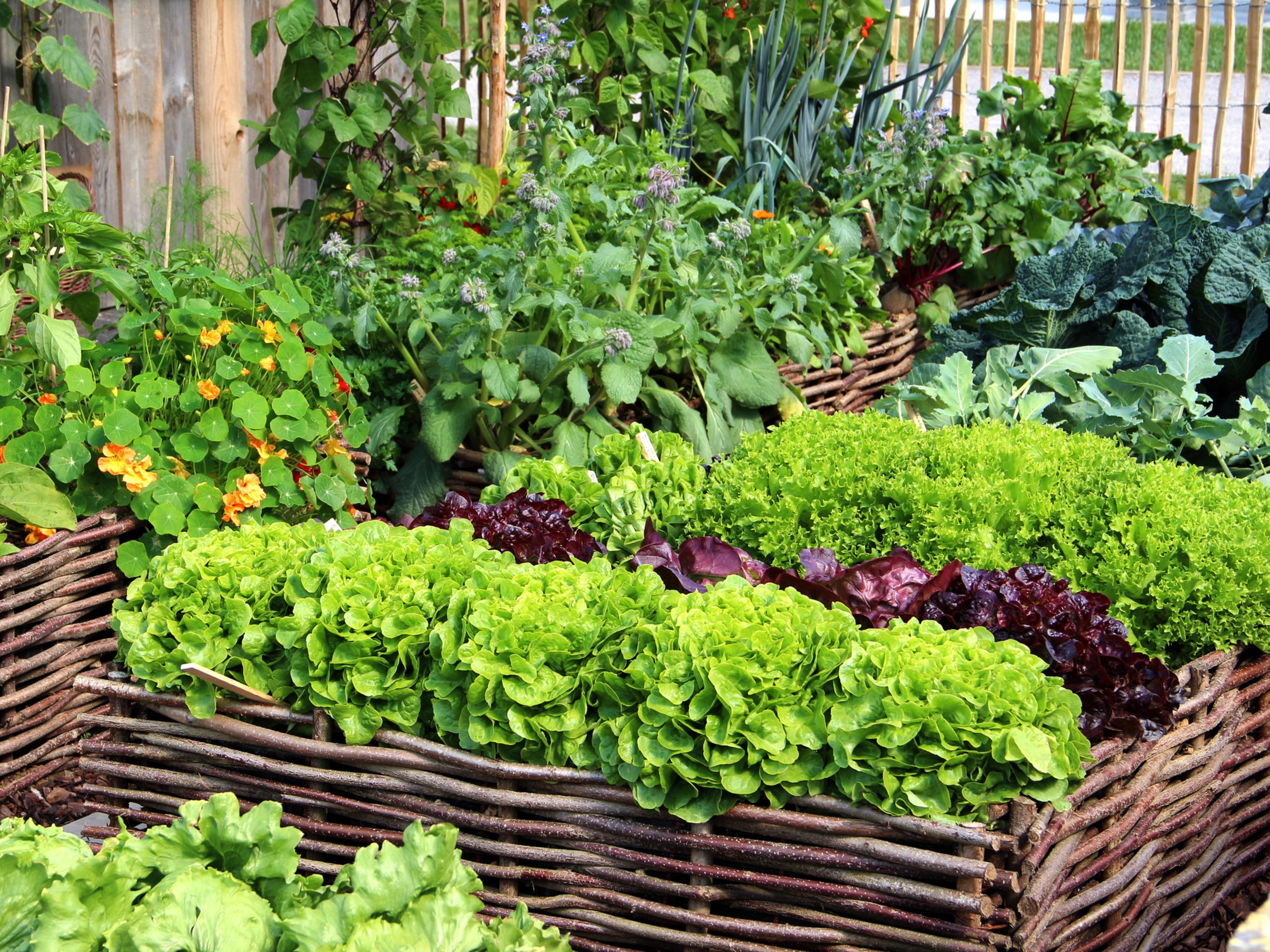Why Compost Is the Best Thing to Use in Your Vegetable Garden
Compost is a natural, nutrient-rich material
Need help with your yard? Get your free quote today!
Get a Free Quote!
Compost is often referred to as “black gold” for gardeners—and for good reason. Using compost in your vegetable garden is one of the simplest, most effective ways to improve soil health, enhance plant growth, and create a sustainable gardening practice. Compost is a natural, nutrient-rich material made from decomposed organic matter such as food scraps, yard waste, and leaves.
Whether you're a beginner or a seasoned gardener, incorporating compost into your vegetable garden can yield incredible benefits. Here’s why compost is the best thing to use in your vegetable garden.
1. Nutrient-Rich Soil for Healthy Vegetables
Compost enriches your soil with essential nutrients that your vegetables need to thrive, including nitrogen, phosphorus, and potassium. Unlike synthetic fertilizers, compost provides a slow-release source of nutrients, ensuring your plants have a steady supply over time.
Benefits:
- Enhances plant growth and yields.
- Improves the flavor and quality of your vegetables.
- Reduces the need for chemical fertilizers.
2. Improves Soil Structure and Drainage
Compost helps improve soil structure, making heavy clay soils lighter and sandy soils better at retaining moisture. This creates the perfect growing environment for vegetable roots to spread and access water and nutrients.
Benefits:
- Enhances soil aeration and root development.
- Prevents waterlogging in clay soils.
- Boosts water retention in sandy soils, reducing the need for frequent watering.
3. Encourages Beneficial Microorganisms
Healthy soil is teeming with life, including beneficial microorganisms, fungi, and earthworms that contribute to nutrient cycling and soil health. Compost introduces and supports these organisms, creating a thriving ecosystem in your vegetable garden.
Benefits:
- Microorganisms help break down organic matter into nutrients.
- Earthworms aerate the soil and improve its fertility.
- Fungi enhance nutrient absorption by plant roots.
4. Suppresses Plant Diseases and Pests
Compost promotes healthy soil, which in turn leads to healthier plants that are better equipped to resist diseases and pests. Some compost even contains beneficial microbes that actively suppress harmful pathogens in the soil.
Benefits:
- Reduces the need for chemical pesticides and fungicides.
- Protects young plants from soil-borne diseases.
- Creates a more resilient garden ecosystem.
5. Reduces Waste and Environmental Impact
By composting food scraps and yard waste, you can reduce the amount of organic material that ends up in landfills, where it would otherwise produce harmful greenhouse gases like methane. Using compost in your vegetable garden also reduces the need for chemical fertilizers, which can leach into water supplies and harm the environment.
Benefits:
- Diverts waste from landfills.
- Reduces your garden’s carbon footprint.
- Promotes sustainable gardening practices.
6. Balances Soil pH
Compost acts as a natural soil conditioner, helping to balance soil pH levels. This creates an optimal environment for vegetable plants to absorb nutrients.
Benefits:
- Neutralizes overly acidic or alkaline soils.
- Provides a stable pH for better plant health.
- Reduces the need for soil amendments like lime or sulfur.
7. Cost-Effective and Readily Available
Compost is one of the most budget-friendly gardening tools available. You can make your own compost at home from kitchen scraps and yard waste or purchase high-quality compost from a local garden center.
Benefits:
- Saves money on fertilizers and soil conditioners.
- Easy to produce at home with minimal effort.
- Reduces the need for store-bought soil amendments.
How to Use Compost in Your Vegetable Garden
Incorporating compost into your vegetable garden is simple:
- Mix It into the Soil: Before planting, spread a 2-3 inch layer of compost over your garden bed and mix it into the top 6-8 inches of soil.
- Top Dressing: Add a layer of compost around the base of established plants to provide a slow-release source of nutrients.
- Compost Tea: Steep compost in water to create a nutrient-rich liquid fertilizer for your vegetables.
Start Composting Today
Using compost in your vegetable garden is the best way to create healthy soil, grow nutritious vegetables, and reduce your environmental impact. By harnessing the power of compost, you’ll not only boost your garden’s productivity but also contribute to a more sustainable planet.
If you’re ready to enrich your vegetable garden with compost, Ascent Yard Care can help. Contact us today to learn more about our garden preparation services and take the first step toward a thriving, sustainable garden!
